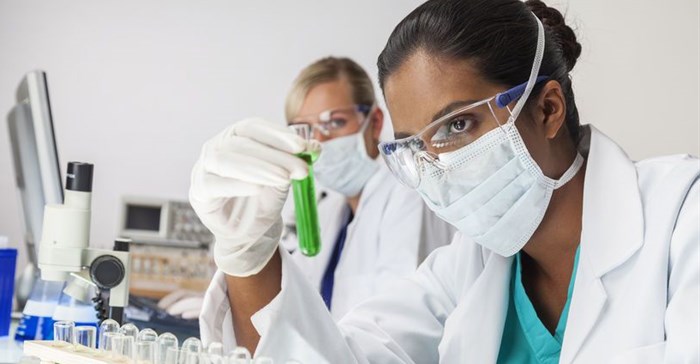Pandemic delivers mixed fortunes for laboratory, analytics industry
About 41% of companies reported being in a worse business situation due to the pandemic, with challenges such as significantly lower demand, corona-related staff shortages, a decline in investment activity and logistics problems. However, between 12 and 17% of businesses had experienced significantly higher demand and an increase in business activity. Compared to growth of 2.9% in 2019, the sector was now declining at -4.9% globally, said Mathis Kuchejda, chairman of the German Industry Association for Analysis and Laboratory Technology, Spectaris, at a virtual press conference.
He said it was interesting to note that advanced economies were declining by -8% in 2020, but expected a 4.8% recovery in 2021, while emerging markets had a -3% decline this year, and in 2021 they expected growth of 5.9%.
There were mixed fortunes depending on the line of business, he said. “Some making consumables saw an enormous increase, and have problems with capacity to meet demand. Consumables, PPE, sterilisers, virus diagnostics, cell analytics, research areas related to coronavirus, pharmaceutical research, and bioreactors and peripherals all saw increased demand.”
He said the coronavirus pandemic had brought about a number of long-term changes for the sector, with more than 25% saying they had adapted to digital working methods and over 20% having expanded their digital sales and service solutions. “However, only around 5% believe they need to completely change their business models. This is not surprising, given we are working in stable markets and we don’t just change business models overnight,” he said.
Trend reversal
While 2019 was a challenging year for both the IVD and life science research sectors, a trend reversal was now taking place. “It’s fascinating to see how fast the trend reversal took place in Germany and the global trend is following,” Dr Peter Quick, chairman of the Life Science Research Section (FALSR) of the German Association of the Diagnostics Industry (VDGH), said.
He noted that the life sciences sector had responded quickly to the pandemic outbreak. “For example, the establishment of protocols and the production of reagents for nucleic acid extraction and qPCR were available within a very short time for the fast and reliable detection of SARS-CoV-2,” he said.
“The biotechnology and pharmaceutical industries are working flat out on the development of vaccines.” He also noted that many candidates in drug research were originally tested against other pathogens such as Ebola or malaria. “Covid-19 offers a new potential field of medicinal applications for remdesivir or hydroxychloroquine,” he said.




























